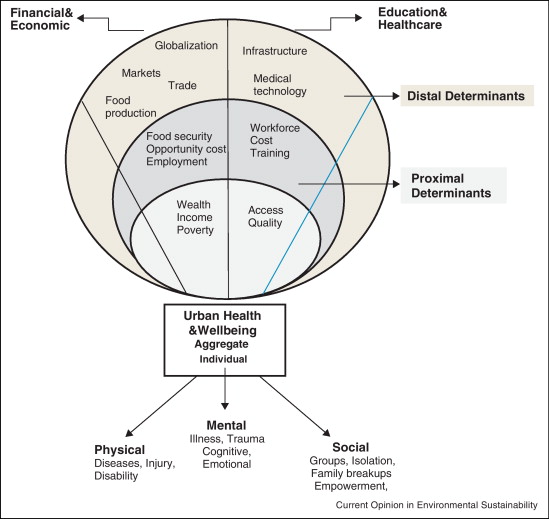The Interplay Between Urban Environment and Mental Health: A Comprehensive Examination and Policy Roadmap
Keywords:
Urban Environment, Mental Health, Urban Planning, Depression, Green Spaces, Nature Access, Community Design, Quantitative Studies, EnvironmentalismAbstract
The aim of this research is to examine the complex relationship between urban planning and mental health outcomes, with a particular focus on the influence of green space, access to nature and community design on the prevalence and severity of depression. Using quantitative research methods, including surveys and mental health metrics, this study aims to uncover the nuanced relationships between urban environments and psychological well-being. Furthermore, this investigation critically evaluates the therapeutic potential of environmental protection in alleviating depression. A thorough review of the existing literature aims to evaluate the effectiveness of interventions such as ecotherapy and pro-environmental behavior in improving mental health, thereby providing valuable insights into promising treatment options. A central aspect of this research revolves around the integration of green spaces into urban planning and its profound impact on mental health. The research shows how urban planners can strategically integrate parks, green spaces and sustainable landscaping into urban design to create accessible opportunities for relaxation and stress reduction, thereby promoting the psychological well-being of urban populations. Additionally, this study examines the role of prominent environmental organizations such as Greenpeace in promoting environmentally friendly urban planning practices. It examines Greenpeace's initiatives and campaigns related to urban environment and mental health, providing a comprehensive analysis of the organization's successes and challenges in promoting healthier cities.
